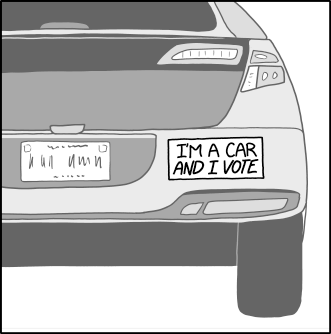Nick Montfort, "'Peaceful Protesters' but no 'Peaceful Police'", 6/7/2020:
About four million Google hits for “peaceful protesters,” only about 55,000 for “peaceful police.” Anyone who has been reading the news will have seen the phrase “peaceful protesters” again and again—and probably will not have seen this other phrase. Does that mean peaceful protesters outnumber peaceful police 80 to 1? Or at least that we think and speak as if this is the case? […]
The phenomenon here is that of markedness, having a default form and a marked form. “Actor” can be a generic term for anyone who acts, but “actress” is used only for the special, marked case—women. As Edwin L. Battistella discusses in The Logic of Markedness, there are exceptions: “male nurse” is the marked case for this profession, because of “the social fact that nurses are most commonly female.”
“Peaceful protesters” is the marked case. It’s understood implicitly that “protesters” are not generally peaceful.
So when the news media speaks or writes about “peaceful protesters,” they are using the marked case. It’s understood implicitly that “protesters” are not generally peaceful. The exceptional ones are the peaceful ones, like the small percentage of male nurses. This is quite evidently false, but doesn’t prevent journalists from using the phrase again and again.
Read the rest of this entry »

